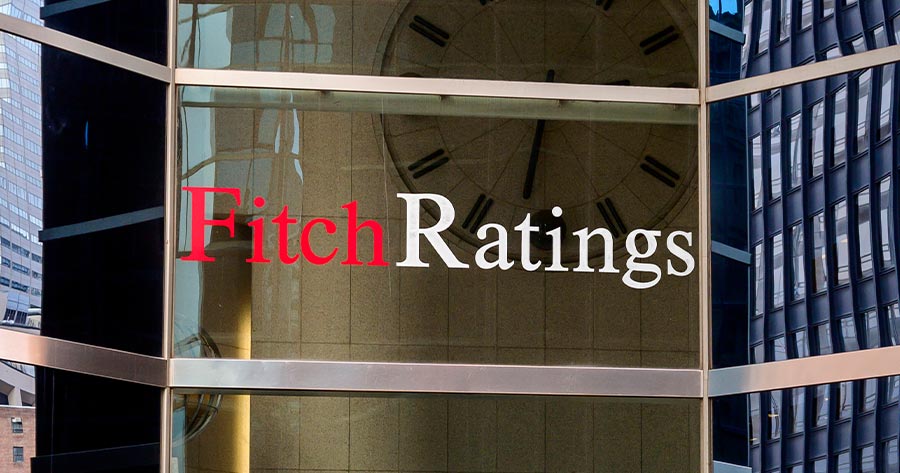Fitch Ratings said Thailand’s economy is constrained by a global slowdown, while the new government’s stimulus could lead to higher debt.
Meanwhile Fitch expects Thai banks to have some ratings headroom due to their improving performance, expectations of government and shareholder support.
James McCormack, Managing Director and Global Head of Sovereigns at Fitch, forecasts a mild recession in the US later this year and low growth in Europe, as developed economies struggle with inflation above their targets into 2024.
Jonathan Cornish, Managing Director and Head of Asia-Pacific Banks at Fitch, said the outlook for mid-year sector of banking systems in developed countries is biased towards the downside.
Fitch sees business deteriorating relative to 2022 as certain core financial metrics are expected to weaken in 2023 and into 2024 in markets such as North America, UK, Germany, and Australia.
The US economy is resilient to higher interest rates, but job growth is slowing. While China growth is also slowing due to a severe property sector is affecting confidence, prompting policymakers to roll out stimulus. It is unclear whether it will ensure the 5% growth target for 2023.
By comparison, the emerging-market banking systems looks more benign despite challenging conditions especially, in China. The Fitch-rated banks appear to be most resilient, but smaller unrated banks will face difficulty sustaining growth and profitability, while asset quality and balance sheets come under pressure.
Fitch noted that Thailand is not immune to the global backdrop, with exports contracting since October 2022, while tourist arrivals remain below pre-pandemic levels.
The rating agency believes the government could encourage policymaking, but the wide-ranging coalition will complicate and delay the budget for the fiscal year ending September 2024.
Thailand’s fiscal consolidation will be constrained by the government’s pledges to raise social spending, according to Fitch’s view. This would support growth in the short term, though it will put pressure on government debt to GDP unless the government can sustain a new uptrend in growth.
Thailand’s rating outlook for all banks is stable for varying reasons. The Issuer Default Ratings of the largest private commercial banks are all at ‘BBB’ with Stable Outlook. It is also driven by their Viability Ratings, which is the same level as their Government Support Ratings.
Fitch expects the environment over the next two years for Thai banks to grow profitably and generate capital despite the risk of restructuring loans.
Only the major banks will seek growth both domestically in non-bank segments and abroad.





